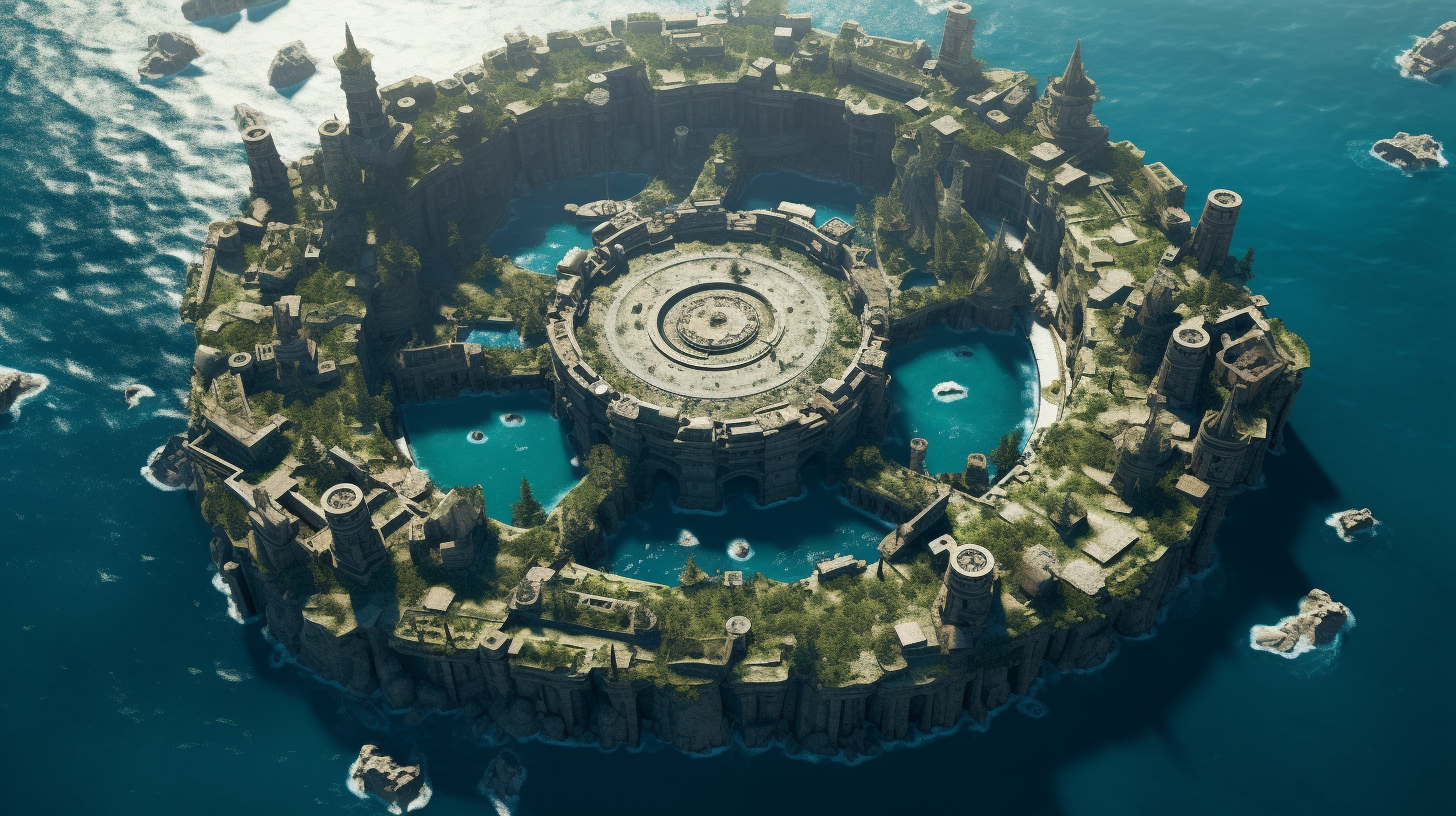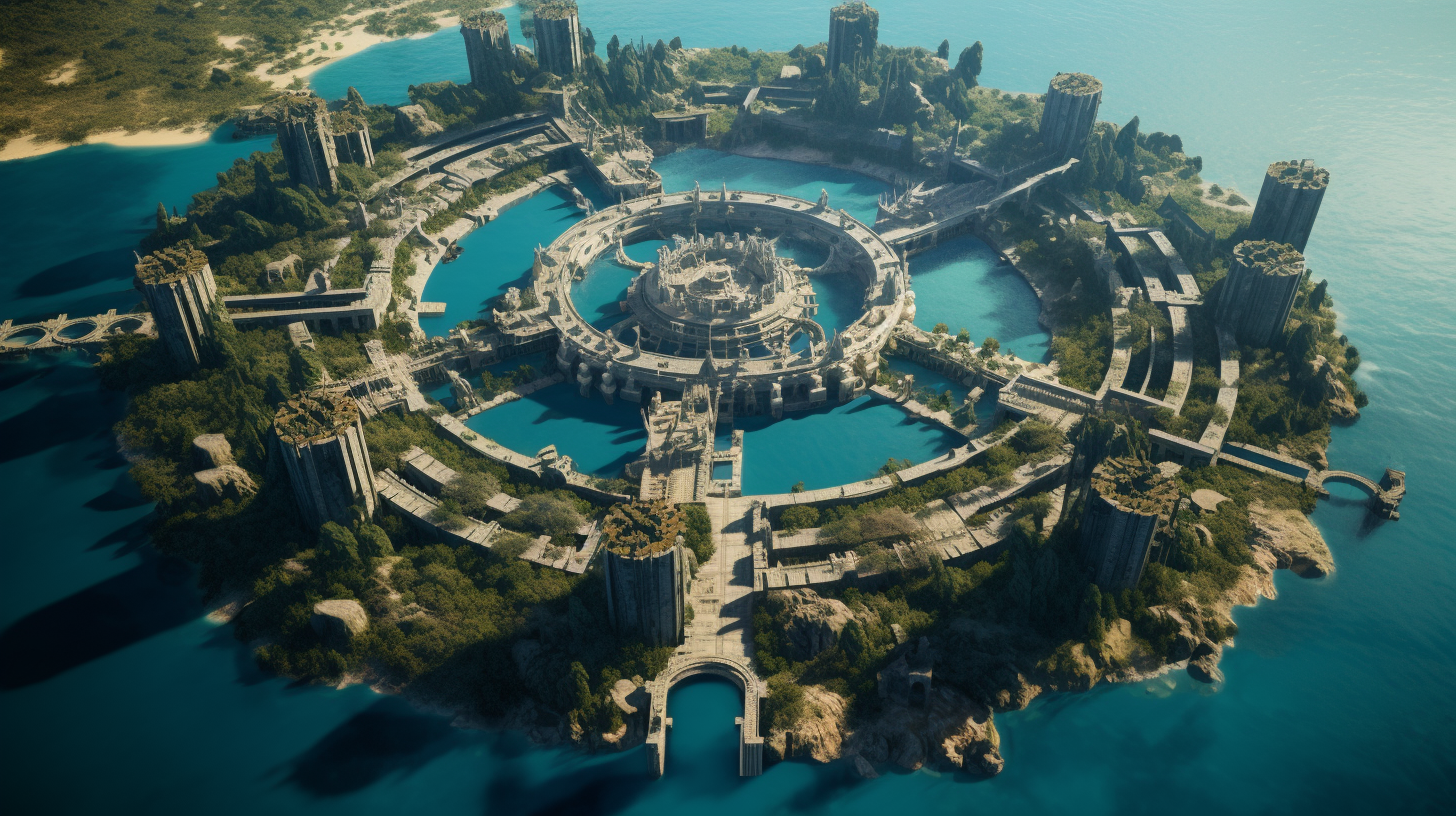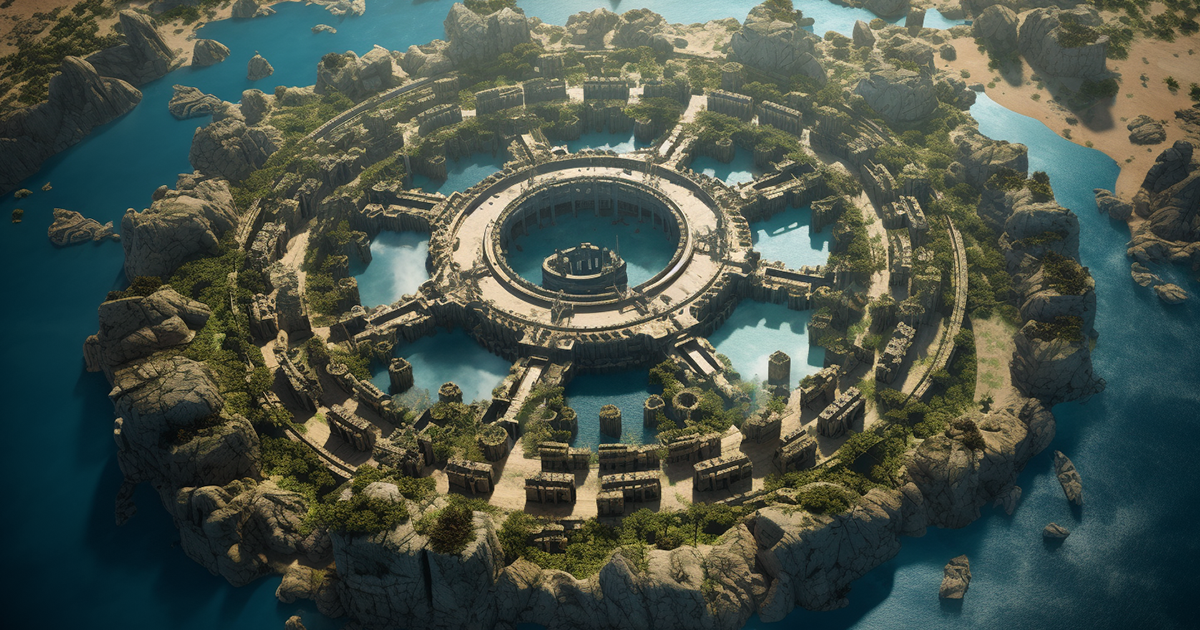Throughout different epochs, the vanished cultures’ mysterious tales have captivated human imagination, weaving a narrative of mysteries veiled by the cloak of history.
From the legendary Atlantis to speculations about ancient encounters with celestial beings, history holds within its grasp enigmas that are gradually revealing themselves before our very eyes.
Embarking on a quest to unearth the genesis of human societies, we dive into the recesses of bygone eras, meticulously searching for elusive clues that might unlock the enigmas encompassing our existence.
While some dismiss these narratives as mere folklore, a growing body of evidence hints at a deeper truth lurking beneath the surface.
A longstanding enigma that mesmerizes scholars and enthusiasts alike is the ancient legend of a vanished civilization, often associated with the enigmatic Atlantis under various cultural monikers.
Within his works Timaeus and Critias, Plato, the revered ancient Greek philosopher, offered one of the earliest depictions of this mystical realm.

Plato’s narrative portrays Atlantis as an advanced society flourishing an astounding 9,000 years before his era, governed by divine laws inscribed on the mysterious substance called Orichalcum.
The mere mention of this ancient metal and its cosmic connections sparks a profound curiosity about its origins and significance.
Interestingly, recent discoveries by marine archaeologists off the Sicilian coast have revealed a submerged vessel containing metal ingots believed to be Orichalcum, reigniting discussions about the existence of Atlantis and the historical accuracy of Plato’s accounts.
The puzzle deepens as we contemplate the origin of Orichalcum – how did the ancient Atlanteans come into possession of this unique metal, and what role did it play in their society?
Proponents of the ancient astronaut hypothesis suggest that extraterrestrial beings might have shared advanced knowledge with our forebears, including the secrets of metallurgy.

Plato’s tale of Atlantis is but one thread in the tapestry of lost civilizations obliterated by cataclysms, echoing in indigenous narratives like the Hopi legends of Native Americans.
These mythical accounts often revolve around divine interventions, where gods or celestial entities shape the rise and fall of civilizations.
The striking parallels among these diverse cultural legends raise profound questions – could it be that ancestors from various corners of the world encountered the same extraterrestrial visitors? This is a pondering point for followers of the ancient astronaut theory.
As we ponder these possibilities, we confront remnants of submerged landmasses such as Doggerland and Zealandia, hinting at ancient upheavals that reshaped the face of the Earth. Could these sunken vestiges signify lost civilizations?
Another fascinating aspect of the Atlantis saga intertwines with the prophetic visions of psychic Edgar Cayce, who prophesied about a hidden Hall of Records in locations spanning Egypt, the Bahamas, and the Yucatan Peninsula.
These purported records, as per Cayce, hold the key to illuminating our planet’s cryptic past and its interactions with extraterrestrial intelligences.
Despite skeptics dismissing these mysteries as mere myths, the mounting evidence and inexplicable revelations fuel our curiosity. As we delve deeper into the labyrinth of history, we stand on the cusp of unveiling truths that could reshape our comprehension of the human narrative.
Video:
In our tireless pursuit of knowledge, we must remain open to the idea that our origins are intricately intertwined with the cosmos, far more intricate than we can grasp. The enigma of vanished civilizations endures, urging us to assemble the final puzzle pieces that could revolutionize our understanding of Earth’s history.
Balancing on the edge of discovery, we are compelled to ask: Will we uncover these truths before they slip through our fingers? The quest to decipher the puzzles of the past persists, with revelations potentially closer than we dare to envision.
